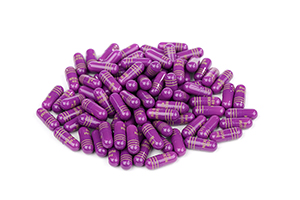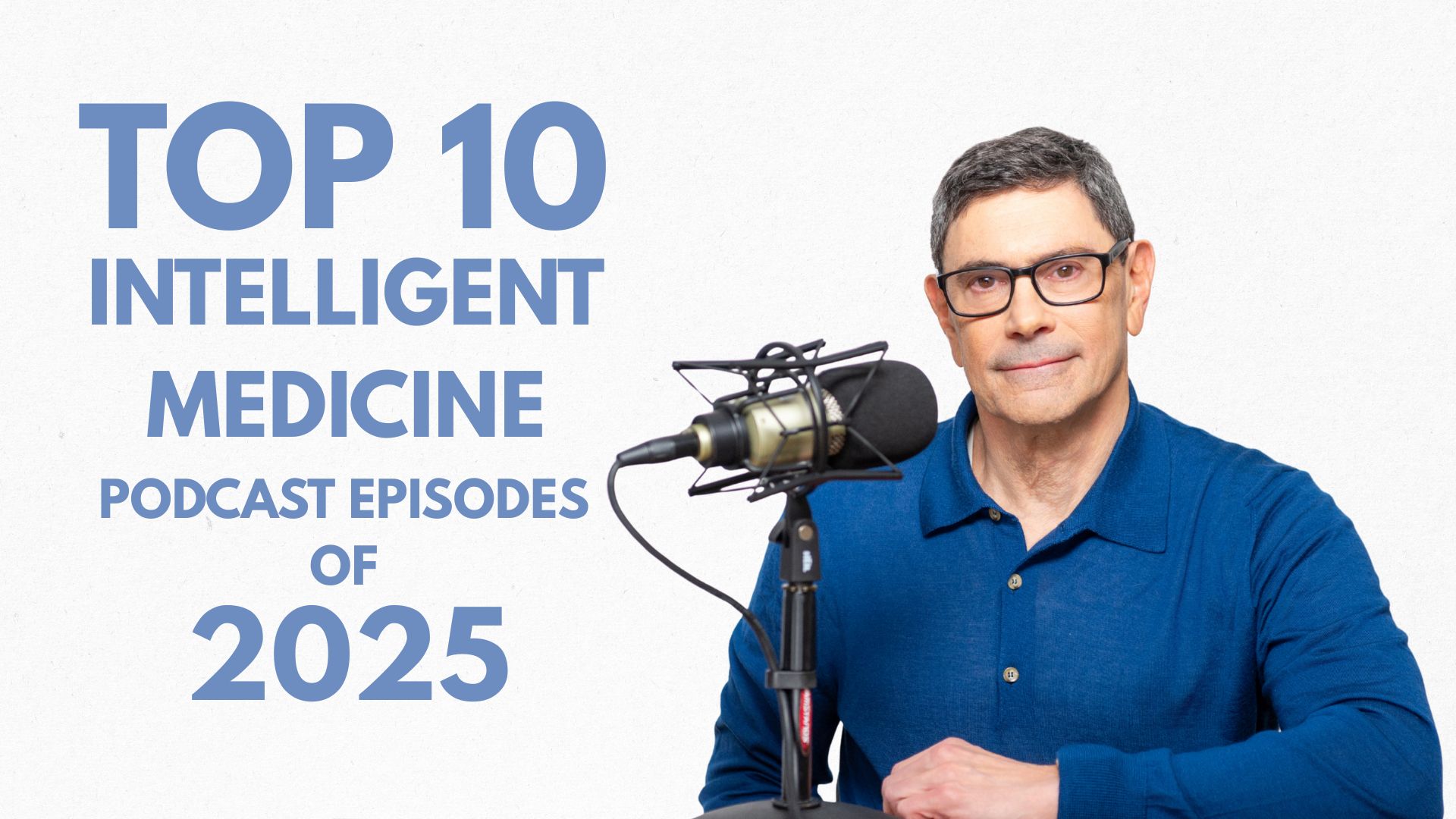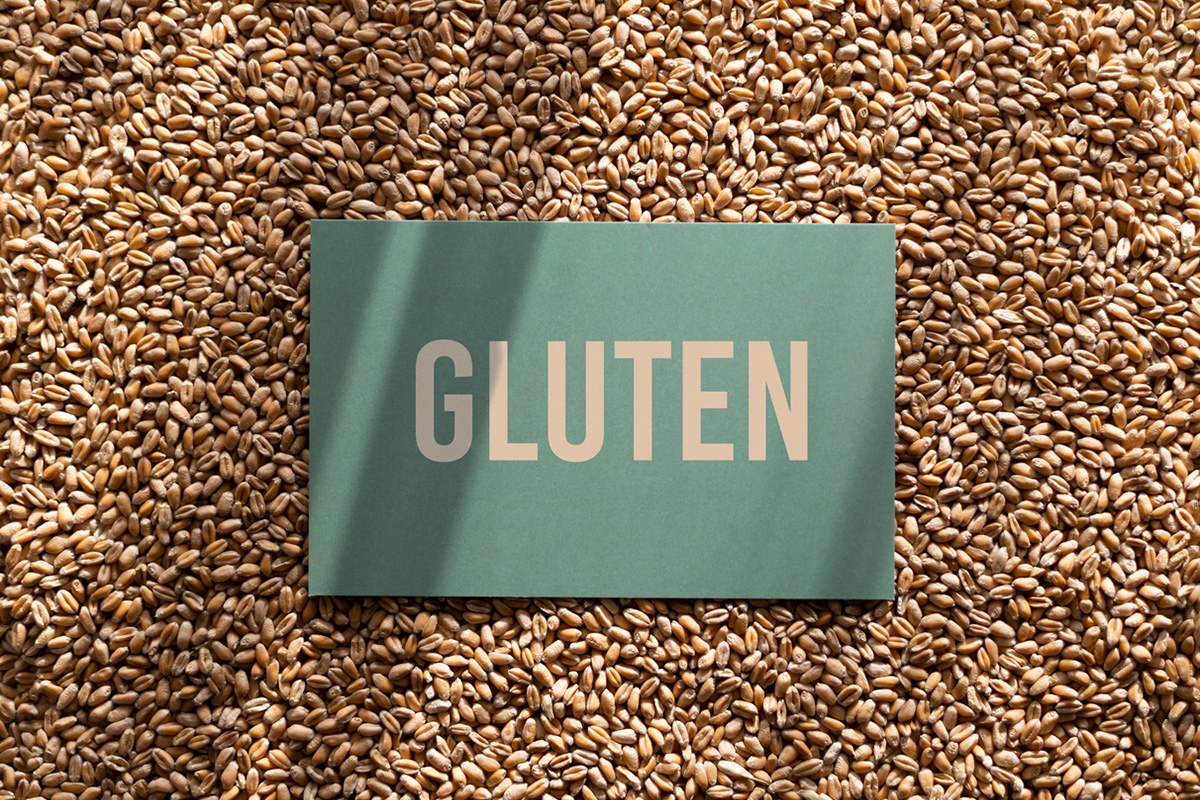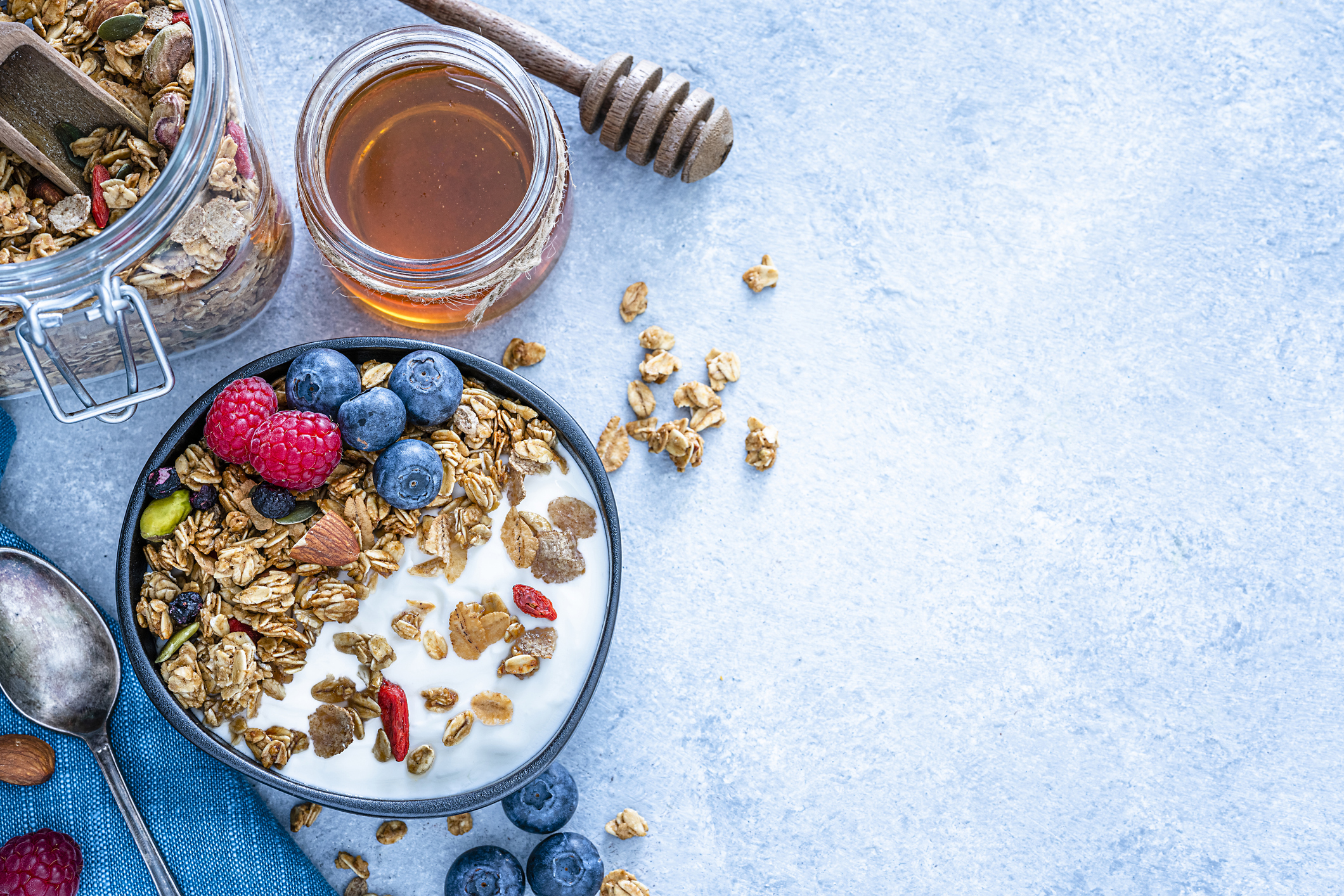In last week’s article, I outlined some of the downsides of PPIs (proton pump inhibitors)—powerful acid-blocking drugs used to treat GERD (gastro-esophageal reflux disease).
These include Nexium, Prilosec, Protonix, Aciphex, Zegerid, Dexilant, and Prevacid. These drugs are cash cows for Big Pharma, ringing in billions in sales annually. For short-term treatment of serious ulcers, they can be a godsend. But long-term use leads to dependency, with acid rebound convincing heartburn sufferers they need to take the meds for their entire lives.
Additionally, as I pointed out in the previous article, the latest scientific findings suggest that acid-sensitivity is a consequence—not a cause—of GERD. To cure GERD permanently, we need to focus on its true cause: inflammation.
Together with Hoffman Center nutritionist Leyla Muedin MS, RD, I’ve helped scores of patients kick the PPI habit.
First, let’s concentrate on the obvious, traditional risk factors: Stop eating late, or too much; Avoid spicy sauces, hot beverages, carbonated soda, coffee, chocolate, fried foods, peppermint, and tomato sauce; If you’re overweight, trim your waistline to avoid putting upward pressure on your gastro-esophageal sphincter; Raise the head of your bed.
But this routine advice often fails to relieve GERD symptoms, because other, non-classic food components are often implicated. Some patients have allergies to specific foods, like wheat, dairy, or eggs; others are sensitive to MSG, often concealed in prepared foods under innocuous-sounding names like “natural flavorings” or “yeast extract” (See a comprehensive list of MSG acronyms here). Some can’t handle preservatives like sodium benzoate, or artificial colorings or sweeteners.
Or maybe it’s just the kind of food you’re eating. Leyla, who came to the Hoffman Center ten years ago after beginning her career at the Atkins Center, notes that many of Atkins’ patients obtained relief from GERD with his very low carb diet. Research has confirmed that finding. A study by Atkins acolyte Dr. Eric Westman entitled “A very low-carbohydrate diet improves gastroesophageal reflux and its symptoms” found that GERD sufferers reduced their stomach acidity and obtained significant symptom relief when restricting their carbs to 10 grams or less per day.
Another way to go is the FODMAP Diet, which helps sufferers identify implicated fermentable carbohydrates from a series of food categories. Alternatively, a low-carb variant of the Paleo Diet, like the Whole30, helps certain GERD patients. What these diets have in common is that they address a common cause of reflux: the stomach has been turned into a seething, bubbling fermenting vat by all those refined carbs and starches!
It’s also important to identify and eliminate drugs that directly erode the esophageal lining: NSAIDs, aspirin, and osteoporosis remedies like Fosamax. Other meds promote GERD by delaying gastric emptying: Drugs that treat urinary frequency, opioid pain relievers, calcium channel blockers used for hypertension, high-dose progesterone, and even benzodiazepines like Valium and Xanax.
When some patients fail to wean successfully from PPIs, the problem may be an overgrowth of candida in the esophagus. Women know all-too-well the burning discomfort associated with vaginal yeast infections. Gastroenterologists recognize that sometimes, when they peer into the esophagus with a scope, they see redness associated with a familiar cottage cheese-like discharge characteristic of yeast, especially when patients have suppressed stomach acid due to long-term PPI use; but even without the telltale whitish curds, yeast may infiltrate the esophageal mucosa, where it remains undetected. Many of my “stuck” patients have benefitted from a course of anti-fungal medication, which then allows them to taper their antacid medication.
There’s an art to tapering PPIs. All too frequently, patients precipitously stop their medication, only to discover their symptoms come roaring back. Going cold-turkey won’t work with these powerful meds. A slow weaning with support from proper diet and helpful supplements increases the likelihood that you’ll kick the PPI habit forever, without relapse.
Here’s how I usually schedule a taper:
1st month: Take your medication 2 days out of 3
2nd month: Take your medication every other day
3rd month: Take your medication every 3rd day (1 of 3 days)
4th month: Off
(Yes, it’s VERY slow, but you want this to work! What’s a couple of months when the alternative is to be relegated to lifetime dependence on PPIs?!)
All the while, you must maintain strict adherence to a low-carb GERD diet, with support from supplements that give you the “training wheels” that will combat the effects of rebound while healing the inflammation that is the true underlying cause of reflux pain.
In Part Three of this series, we’ll take a deep-dive on the science behind the supplements that promote the healing of GERD. If you’ve enjoyed this article, I also urge you to check out one of my most recent podcasts: Clinical Focus: GERD








